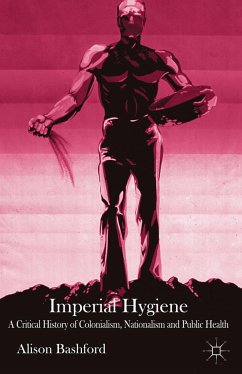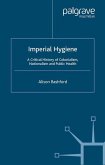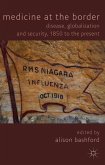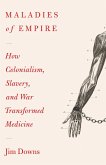This is a cultural history of borders, hygiene and race. It is about foreign bodies, from Victorian Vaccines to the pathologized interwar immigrant, from smallpox quarantine to the leper colony, from sexual hygiene to national hygiene to imperial hygiene. Taking British colonialism and White Australia as case studies, the book examines public health as spatialized biopolitical governance between 1850 and 1950. Colonial management of race dovetailed with public health into new boundaries of rule, into racialised cordons sanitaires .
This book weaves the history of public health, nationalism and race in Australia and the British Empire into a master narrative of imperial projects on hygiene, segregation and borders. Imperial Hygiene broke new ground in the global history of medicine and in the years to come will remain a vital text for scholars working on colonial and global health.'
Dr Pratik Chakrabarti, University of Kent, UK
"Bashford delivers a very innovative study on colonial medicine in the global context of nationalism." - Eva Marie Stolberg, H-Net
"Bashford's book provides a very interesting overarching historical narrative of how spatial management of health and race were central to the process of nation-building in Australia." - Amna Khalid, BJHS
Dr Pratik Chakrabarti, University of Kent, UK
"Bashford delivers a very innovative study on colonial medicine in the global context of nationalism." - Eva Marie Stolberg, H-Net
"Bashford's book provides a very interesting overarching historical narrative of how spatial management of health and race were central to the process of nation-building in Australia." - Amna Khalid, BJHS








